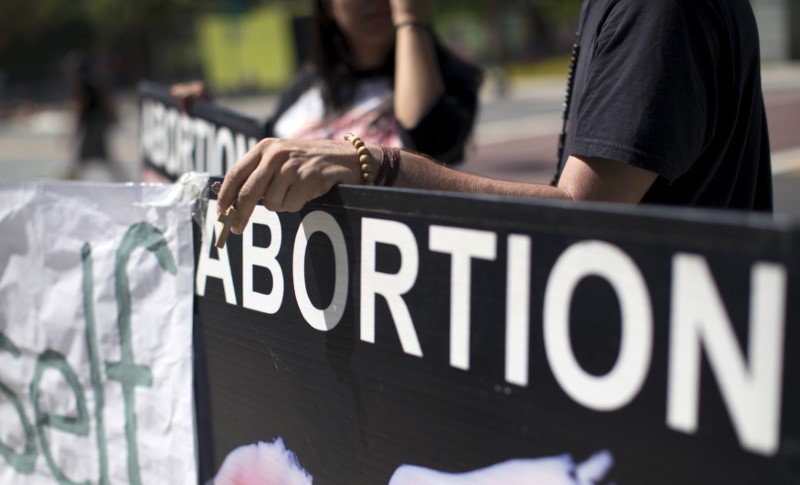
Attorney General Barr launches effort to prevent more mass shootings
By Sarah N. Lynch and Andy Sullivan
WASHINGTON (Reuters) – U.S. Attorney General William Barr on Wednesday announced an initiative to prevent mass shootings by intervening to provide mental-health treatment and other forms of counseling to potentially violent individuals.
The new effort, announced in a memo to federal prosecutors and law enforcement officials, follows dozens of deadly mass shootings in the United States this year, including a massacre of 22 people at a Walmart in El Paso, Texas and another just one day later in Dayton, Ohio, in which nine people were killed.
Barr said a training conference at FBI headquarters in December will present “proven models for engaging extremely challenging individuals” and consider new ideas to face such threats.
In one successful case, Barr said, the FBI worked with parents and social-service workers to get court-ordered supervision and mental-health treatment for a young person who was the subject of a threat investigation.
Lawmakers are considering whether they need new laws to help the FBI investigate domestic terrorism instigated by U.S. residents who are motivated by white supremacy, anti-Semitism or other ideologies that are protected by the U.S. Constitution’s free-speech guarantees.
The FBI in the past has come under criticism for how it documents and follows up on investigative leads about possible shooters.
In the wake of the Feb. 18 mass shooting at a high school in Parkland, Florida, the FBI’s No. 2 official David Bowdich told Congress the bureau should have done more after it received warnings about the gunman, Nikolas Cruz.
Earlier this year, the FBI requested bids for a contractor who could help it try to detect national security threats by trawling through social media sites.
(Reporting by Sarah N. Lynch and Andy Sullivan; Editing by Angus MacSwan)




